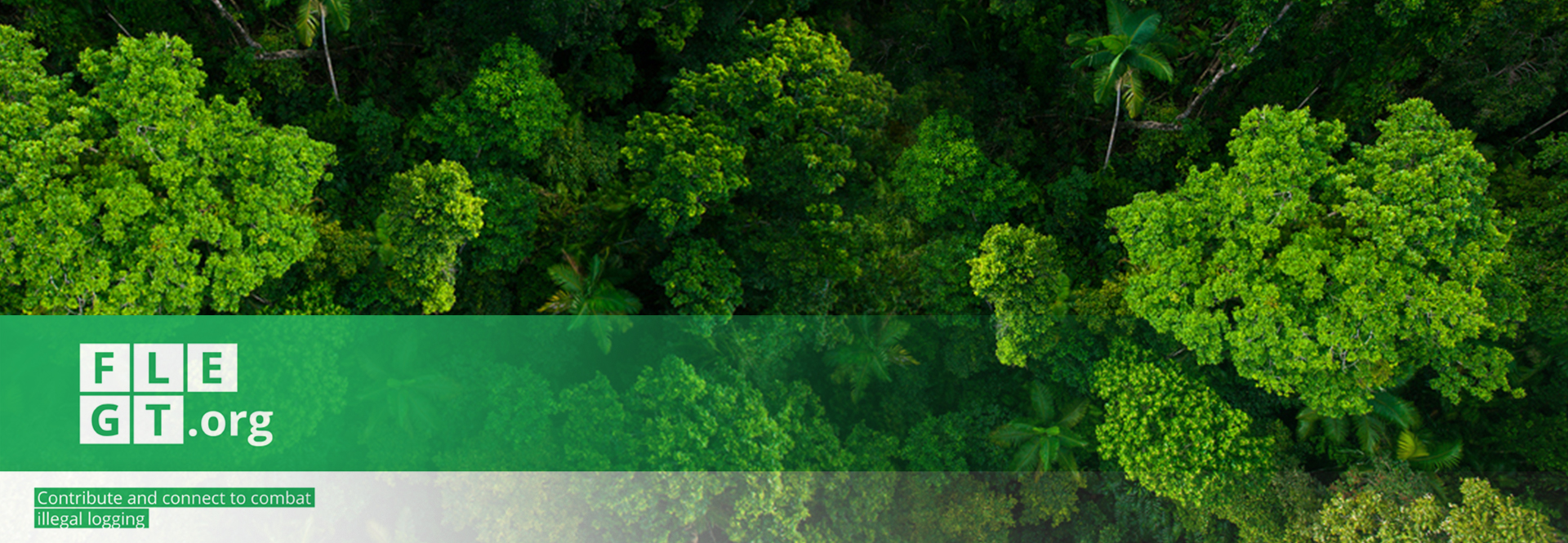“Forest Law Enforcement, Governance, and Trade initiative now has fifteen countries undergoing process”
FLEGT is one of the most ambitious timber legality assurance initiatives to be undertaken worldwide. The Voluntary Partnership Agreement (VPA) requires members to ensure stakeholder engagement across entire countries, involving as many interests as possible in the decision-making process of the wider forestry and timber trade industries.
The move will see forest governance standards upheld on a nationwide basis, guaranteeing transparency, accountability, and uniformity. It’s a complicated and time-consuming process for members to go through… but it might be one of the best tools we’ve got to address issues of legality and ethicality in timber worldwide.
So far, only one country (Indonesia) is a fully licensed, FLEGT-licensing, partner. The country started implementing its VPA in 2016, and now has 25 independent FLEGT licensing authorities, which have issued 50,000 licenses between them. So far, Indonesia has been a success: FLEGT Competence Authorities say that the system has worked, and kinks have been ironed out.
Waiting in the wings to join Indonesia are six more countries, all of which are implementing the VPA and are at various stages of progress: Cameroon, The Central African Republic, the Republic of the Congo, Ghana, Liberia, and Vietnam. Two more countries have signed up to the FLEGT VPA: Guyana and Honduras. And another six are currently in negotiations to start the process: Cote D’Ivoire, Democratic Republic of the Congo, Gabon, Lao PDR, Malaysia, and Thailand.
As a cursory glance at the list above shows, many large timber exporters are in the process of adopting FLEGT – a positive development for global timber governance, particularly for us in the UK, as we prepare for Brexit. While we are still at the early stages, and much more work remains to be done, there is no doubt that the world is approaching a new level of oversight in regards to the timber trade.

